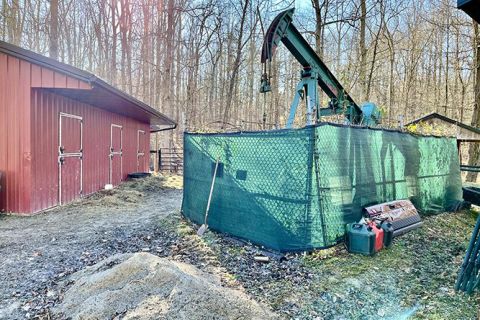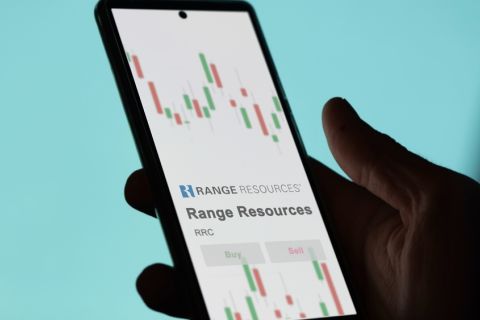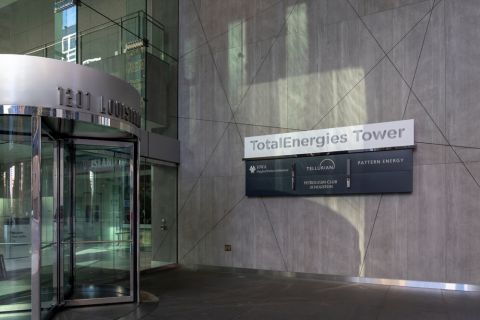The European Parliament gave its final approval on March 14 to tougher national targets to cut emissions in some sectors, and expand CO2-absorbing natural ecosystems like forests.
The two laws are part of a major package of climate change legislation passing through the European Union's policymaking process, designed to ensure the 27-country bloc cuts greenhouse gas emissions 55% by 2030, from 1990 levels.
One regulation sets national targets to slash planet-warming emissions in sectors including road transport, heating of buildings, agriculture and waste management.
These sectors, unlike industry and the power sector, are not covered by the EU's carbon market, but generate about 60% of EU greenhouse gas emissions.
The new law aims to curb their emissions 40% by 2030, compared with 2005. It replaces a current target for a 30% cut in these sectors.
Richer countries face tougher targets, with Denmark, Finland, Germany, Luxembourg and Sweden facing 50% emission cuts, versus Bulgaria's 10% goal. The new law also tightens the amount of emissions savings from past or future years that countries can "bank" and "borrow" to meet their targets.
"The new rules for national emission cuts ensure that all member states contribute," said Jessica Polfjärd, lead lawmaker on the file.
The second law would expand Europe's forests, marshes and other "sinks" that absorb CO2 from the atmosphere, to ensure this sector removes a net 310 million tonnes of CO2 equivalent by 2030 - a roughly 15% increase from today.
The aim is to reverse a recent decline in Europe's carbon sinks, which can be done by recreating old forests or generating new ones, rewetting peatland or changing farming practices such as reduced tilling to trap more carbon in the soil.
Each EU country would face binding targets to absorb more emissions so that the EU-wide goal is reached.
The EU Parliament approved both laws with a comfortable majority. EU countries will vote on them in the coming months, and if approved, the laws will enter into force.
EU countries and lawmakers agreed the details last year after months of negotiations, so the final votes typically approve laws with no changes.
Recommended Reading
Woodside’s GoM Trion Project Wins Social Impact Assessment Approval
2024-02-14 - Woodside Energy’s Trion is expected to start production in the Mexican sector of the Gulf of Mexico in 2028, and Woodside said the impact assessment will help the operator engage with local communities during the construction phase.
Well Done Foundation Wins California Orphan Well Project
2024-02-12 - Nonprofit Well Done Foundation will plug orphan wells in Santa Barbara County, California, starting in Orcutt and Santa Maria.
Diamondback May Go Nuclear to Power Permian Basin Ops
2024-04-08 - Oklo Inc., a California fission power plant developer, on April 8 said it signed a letter of intent to collaborate with Diamondback Energy on implementation of nuclear energy for drilling operations in the Permian Basin.
Range Resources Expecting Production Increase in 4Q Production Results
2024-02-08 - Range Resources reports settlement gains from 2020 North Louisiana asset sale.
TotalEnergies Acquires Eagle Ford Interest, Ups Texas NatGas Production
2024-04-08 - TotalEnergies’ 20% interest in the Eagle Ford’s Dorado Field will increase its natural gas production in Texas by 50 MMcf/d in 2024.





